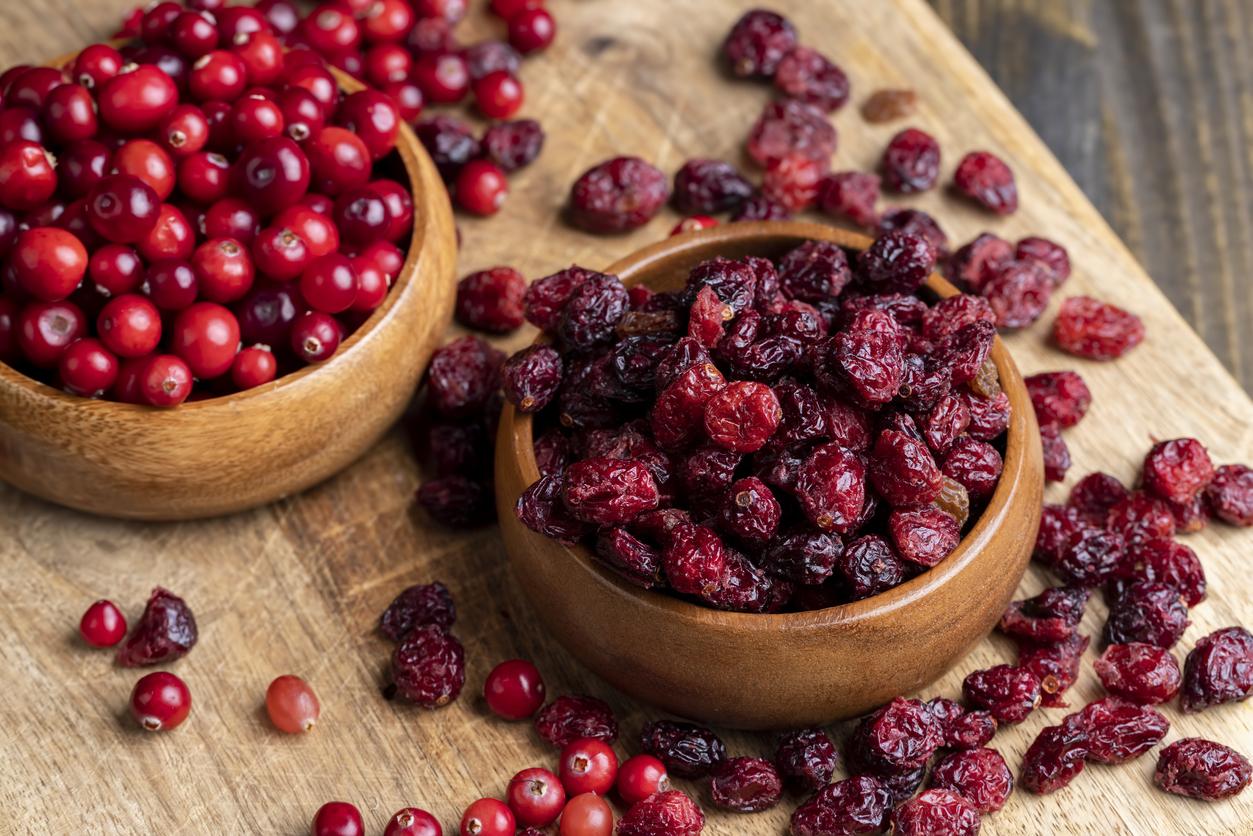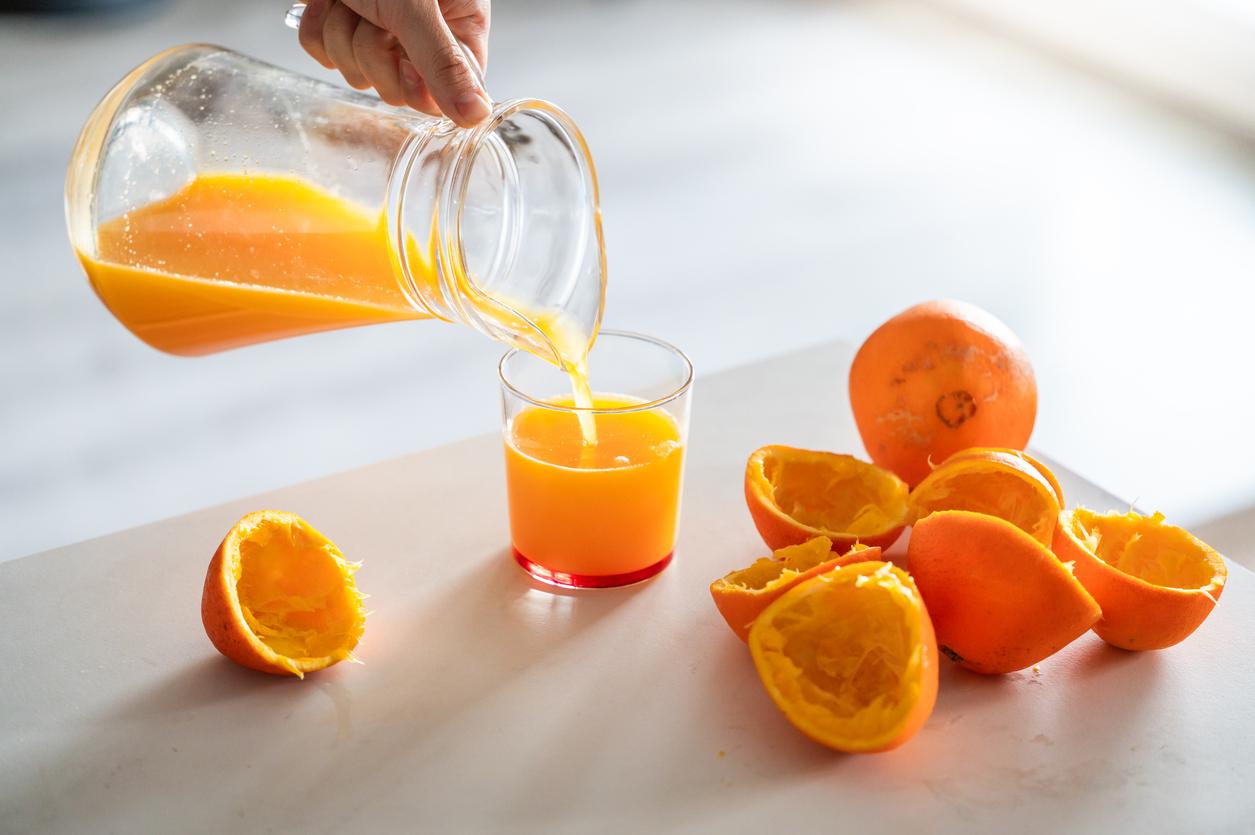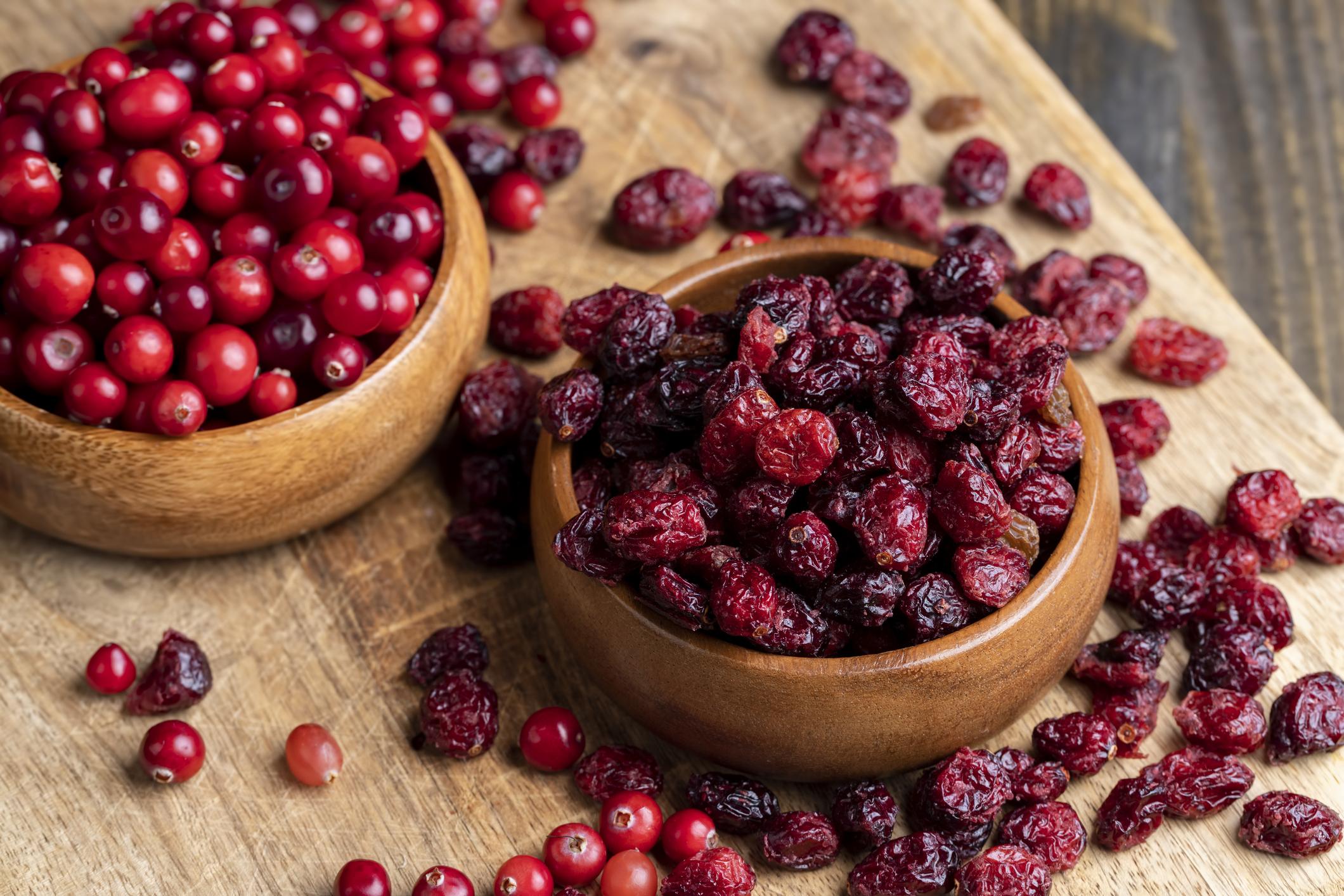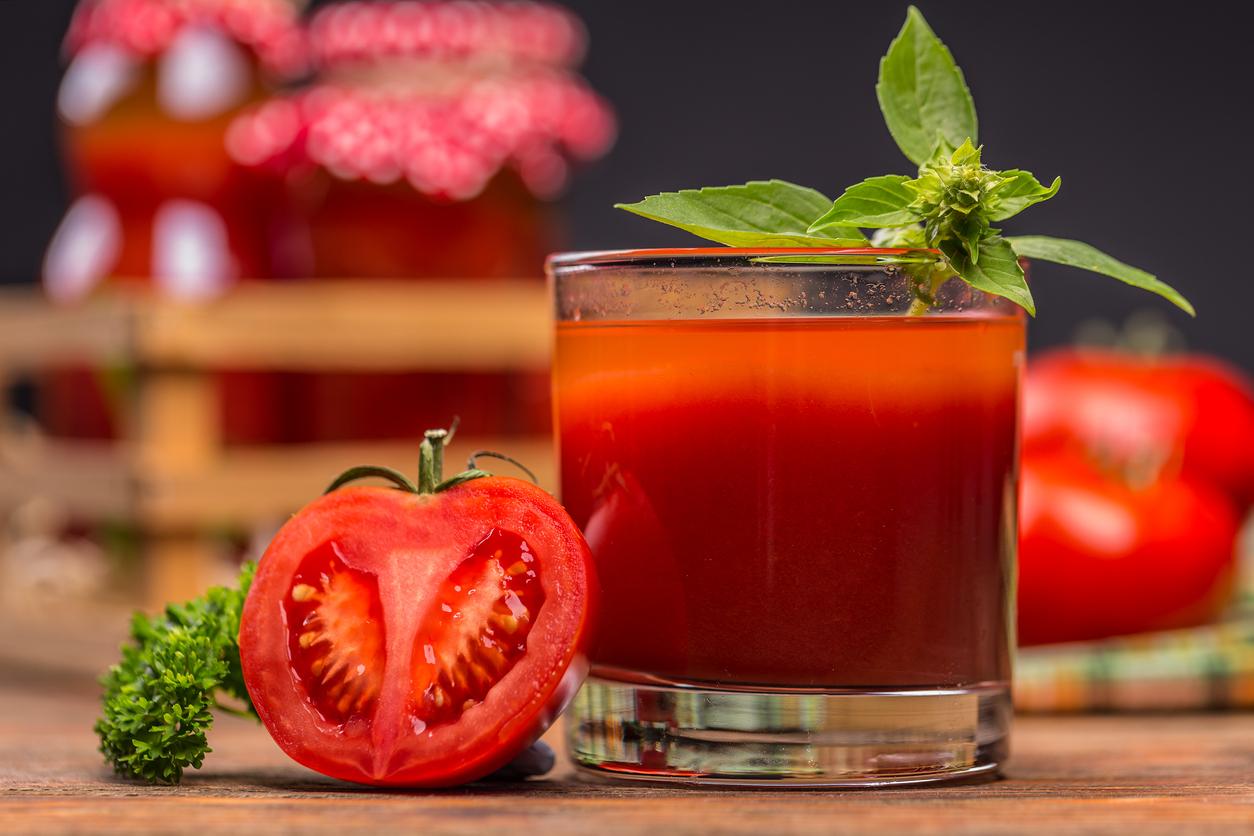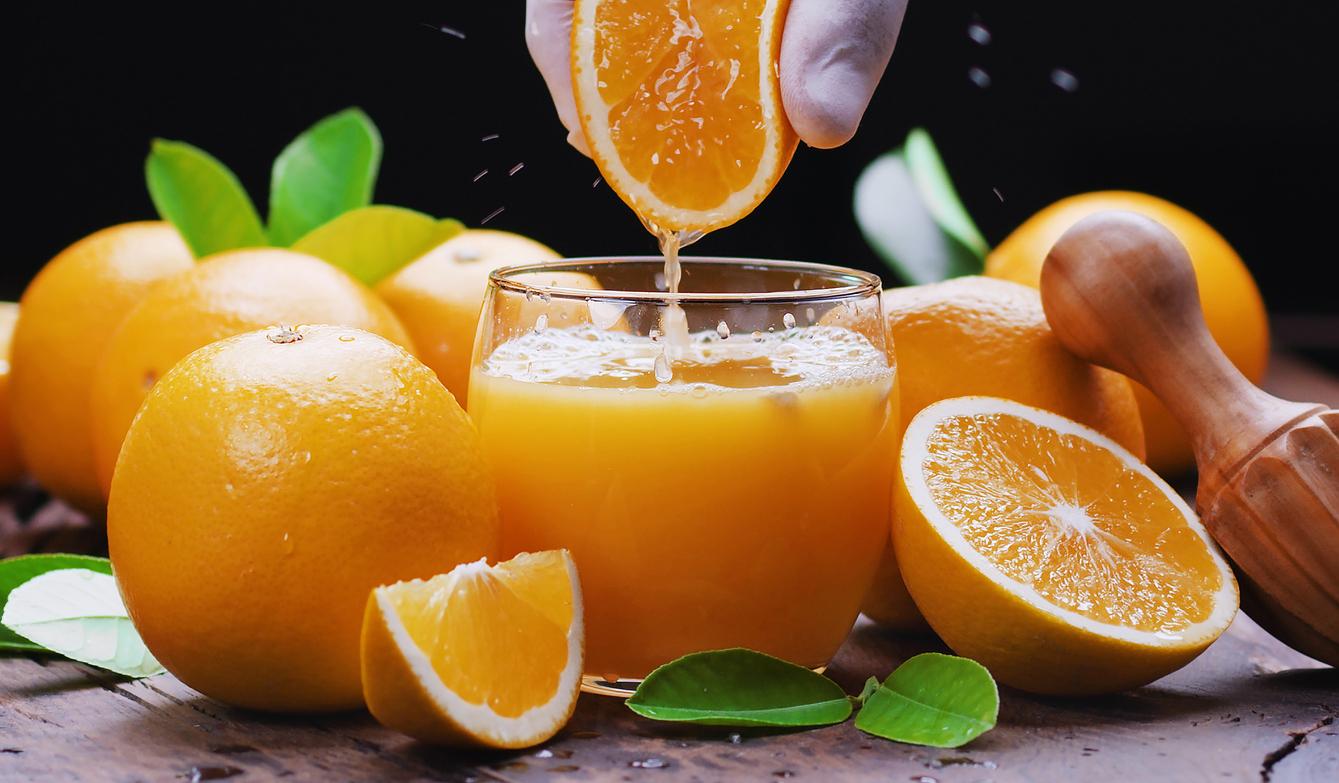November 8, 2004 – Cranberry juice is believed to interact adversely with Coumadin, a drug used to thin the blood.
Since 1989, Health Canada has recorded 57 reports of an adverse interaction between warfarin and cranberry juice. Warfarin is a synthetic derivative of coumarin, a substance with blood thinning properties extracted from a tree called coumarou. Coumadin contains warfarin.
Last July, Health Canada published an advisory1 recommending that warfarin users limit and even stop their consumption of cranberry juice, after authorities in the UK were made aware of serious cases of this type of interaction, including one death.
Anticoagulants, such as Coumadin, are prescribed to thin the blood in order to facilitate blood circulation and, consequently, the work of the heart. According to a study published in Natural Data Base, cranberries interfere with the action of liver enzymes by preventing the adequate degradation of Coumadin. Coumadin thus remains in greater quantity in the body and its effect is accentuated, hence the risk of suffering from internal bleeding.
It’s not just cranberries that interact with blood thinners. Foods like apple, onion, garlic, broccoli, cabbage, and sweet potato exhibit properties similar to cranberries because they too are rich in flavonoids and phenolic acids.
If you are taking Coumadin, it is recommended that you discuss possible interactions with your doctor.
Marie france Coutu – PasseportSanté.net
According to Cyberpresse and Le Soleil
1. To access the advisory issued by Health Canada: www.hc-sc.gc.ca/hpfb-dgpsa/tpd-dpt/adrv14n3_e.html#2










